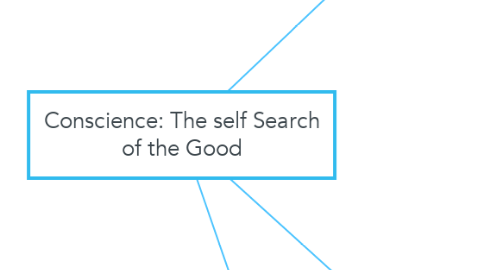Conscience: The self Search of the Good
by Mollie Colton


1. Links
1.1. CGE: “A reflective, creative and holistic thinker who solves problems and makes responsible decisions with an informed moral conscience for the common good.” This CGE applies to Charles Taylor's theory because as we develop a moral conscience we are able to we will be able to properly interact with others, our community, our culture, and our religion.
1.2. Human, by Yann Arthus - HUMAN is a collection of stories and images of our world, offering an immersion to the core of what it means to be human. Through these stories full of love and happiness, as well as hatred and violence, HUMAN brings us face to face with the Other, making us reflect on our lives. From stories of everyday experiences to accounts of the most unbelievable lives, these poignant encounters share a rare sincerity and underline who we are – our darker side, but also what is most noble in us, and what is universal. Our Earth is shown at its most sublime through never-before-seen aerial images accompanied by soaring music, resulting in an ode to the beauty of the world, providing a moment to draw breath and for introspection. HUMAN is a politically engaged work which allows us to embrace the human condition and to reflect on the meaning of our existence.
2. My Ethical Rule
2.1. I will develop a healthy self-identity where i will work on relationships with others, trusting that there will be a sufficient reward for myself, due to looking beyond myself to achieve balance
2.1.1. Materials
2.1.2. Personnel
2.1.3. Services
2.1.4. Duration

